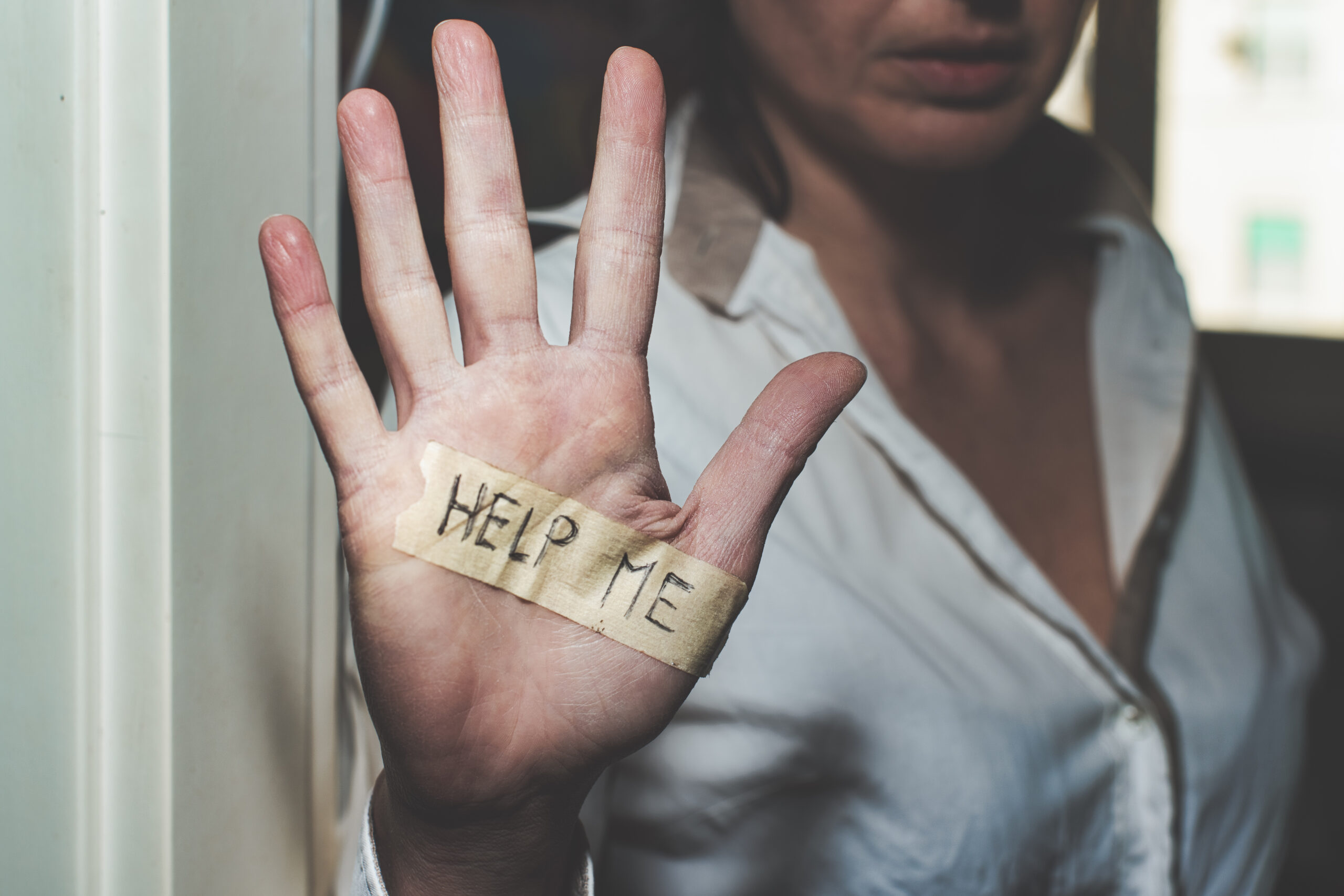Dr. David B. Hawkins, Director of The Marriage Recovery Center, which specializes in Marriage Intensives, shares how to deal effectively with the thin-skinned man. This video will help women confront men who are challenged in accepting criticism.
How to Deal with Narcissistic Men
Narcissistic personality disorder (NPD) is a complex issue that can have a significant impact on relationships. Dealing with narcissistic men requires understanding and addressing their narcissistic wounds, which are an integral part of their disorder. In this article, we will explore some strategies to help both men with NPD and their partners navigate these challenges and work towards healing and growth.
Acknowledge Wounds
The first step in healing wounds from narcissistic men is for them to acknowledge that they have them. Many individuals with NPD come from dysfunctional families or have experienced early childhood trauma. They may have faced challenges in their past relationships, including multiple marriages. By recognizing and accepting their wounds, they open the door to the healing process.
Partners can play a crucial role in this step by providing a safe and supportive environment. Encourage open and honest communication, and let them know that you are there to listen without judgment.
Talk About Wounds
In order to heal, men with NPD must learn how to talk about their wounds. It is essential to bring these emotions to the surface and discuss them openly. By doing so, they can better understand the impact these wounds have on their lives and relationships.
Creating a safe space for open dialogue is vital. Encourage them to share their experiences, whether it be past traumas, divorce, or job loss. By talking about these wounds, they can begin to process and release the emotional baggage they carry.
Find a Community of Healing
Men with NPD greatly benefit from being part of a community of healing. Joining a men’s group or seeking support through organizations like church groups, Celebrate Recovery, or Alcoholics Anonymous can provide a powerful network of understanding and encouragement.
Being part of a supportive community allows individuals to share their struggles, seek guidance, and learn from others who have faced similar challenges. By connecting with others who are on a healing journey, men with NPD can gain valuable insights and support.
Make Healing a Way of Life
Healing should not be seen as a one-time event but rather as an ongoing process. Men with NPD must make healing a way of life by actively engaging in self-reflection, reading books on personal growth, and embracing spiritual practices.
Encourage them to dedicate time to self-reflection, meditation, or prayer. Engaging in activities that promote emotional well-being and personal growth can aid in their healing journey and help them develop healthier coping mechanisms.
Embrace Spiritual Awakening
A spiritual awakening can be a powerful catalyst for healing. Men with NPD often struggle with a fragile ego and may have a tendency to avoid or deny their wounds. By embracing spirituality and allowing themselves to connect with a higher power, they can find the strength and guidance needed to confront and heal their wounds.
Encourage them to explore their spiritual nature, whether through religious practices, mindfulness, or connecting with nature. Embracing spirituality can provide a sense of purpose, comfort, and support throughout the healing process.
Seek Women for Healing
Contrary to popular belief, women can play a crucial role in helping men with NPD heal. Healthy and supportive relationships, including marriage, can serve as a powerful platform for growth and healing.
Couples counseling with a skilled and understanding therapist can be an effective way to address the wounds within the relationship. A competent professional can guide both partners in navigating the complexities of NPD and help establish healthier communication patterns and emotional connections.
By fostering a relationship built on trust, empathy, and mutual support, men with NPD can learn to address their wounds without becoming defensive or causing harm to their partners.
In conclusion, healing wounds from narcissistic men is a challenging but achievable journey. By acknowledging and talking about their wounds, finding a community of healing, making healing a way of life, embracing spirituality, and seeking support from women, men with NPD can navigate their personal growth and develop healthier relationships. Patience, understanding, and professional guidance are key to helping both men and their partners in this process.
To learn how we can help, reach out to us at (206) 219-0145 or info@marriagerecoverycenter.com to speak with a Client Care Specialist
Also read: Insecurity in Relationships
About Dr. Hawkins:
The internet is inundated with hyperbole and misinformation about narcissism, leaving many people confused and hopeless. Get the facts on narcissism and emotional abuse from someone who has been researching, writing about and treating narcissism and emotional abuse for over a decade.
Dr. Hawkins is a best-selling author and clinical psychologist with over three decades of experience helping people break unhealthy patterns and build healthier relationships.
He is the founder and director of the Marriage Recovery Center and the Emotional Abuse Institute which offers education, training and counseling for people who want to break free of, and heal from, emotional abuse. Whether the perpetrator of the abuse is your spouse, partner, parent, boss, friend or family member, we offer practical advice for anyone trapped in a toxic, destructive relationship.
In addition to narcissism & emotional abuse, you’ll learn about the lesser known forms of abuse, including covert abuse, reactive abuse, spiritual abuse, secondary abuse, relationship trauma and much more.








